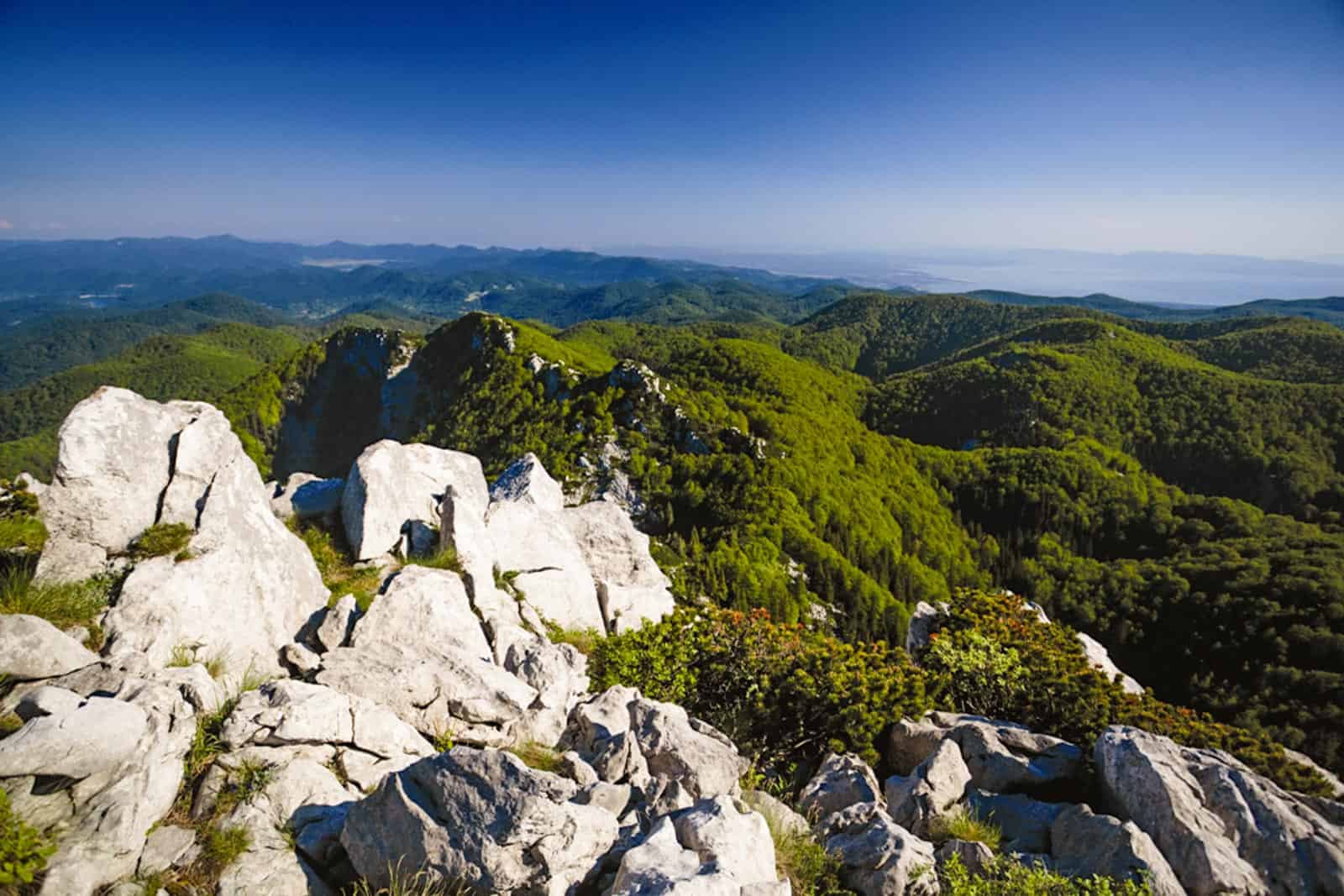World Wetlands Day
World Wetlands Day is celebrated each year on 2 February to raise awareness. Moreover, on the 30th of August 2021, the UN General Assembly adopted Resolution 75/317 that established 2 February as World Wetlands Day. This day also marks the anniversary of the Ramsar Convention on Wetlands, which was adopted as an international treaty in 1971.
Current Issues
Nearly 90% of the world’s wetlands have been degraded since the 1700s, and we are losing wetlands three times faster than forests! Yet, wetlands are critically important ecosystems that contribute to biodiversity, climate change mitigation and adaptation, freshwater availability, world economies and more.
Wetlands are Earth’s most threatened ecosystem. In just 50 years — since 1970 — 35% of the world’s wetlands had been lost. Human activities that lead to loss of wetlands, include drainage for agriculture and construction, pollution, overfishing and a general overexploitation of resources, as well as invasive species and climate change.
World Wetlands Day is the ideal time to increase people’s understanding of these critically important ecosystems.
Why are Wetlands important?
Even though Wetlands only cover around 6% of the Earth’s land surface, 40% of all plant and animal species live or breed in wetlands. Wetland biodiversity matters for our health, our food supply, for tourism and for jobs. More than a billion people across the world depend on them for their livelihoods (that’s about one of eight people on Earth). Wetlands are vital for humans, for other ecosystems and for our climate, providing ecosystem services such as water regulation, including flood control and water purification.
What can be done
It is urgent that we raise national and global awareness about wetlands in order to reverse their rapid loss and encourage actions to conserve and restore them.
An urgent call to take joint action and to invest financial and political capital is this year’s Appeal to save the world’s wetlands from disappearing and to restore those we have already lost.
Ongoing projects, discovering and protecting wetlands also play an important role. One of such examples is the ALFAWetlands project, in wich the European Wilderness Society is involved.









